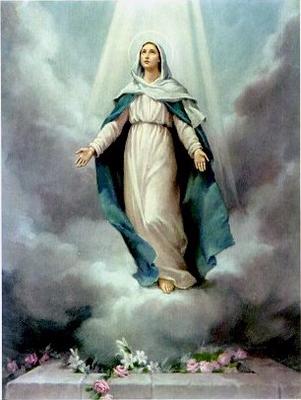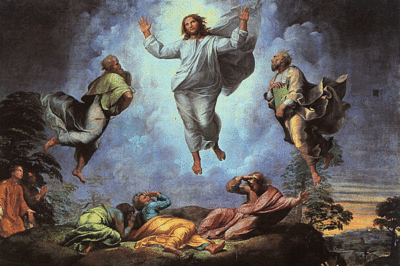Double entendre
Modern translations, such as the well-regarded Revised Standard Version and also the lectionary used in the United States, exhort “that each one of you know how to take a wife for himself in holiness and honor”whereas older translations say “that every one of you should know how to possess his vessel in sanctification and honour.”
The most significant difference in the translation lies chiefly in whether the word translated as “vessel” is a metaphor for one’s body or for one’s wife.
An additional layer of complexity comes in verse 6, in which some translations (such as the lectionary) warn “not to take advantage of or exploit a brother or sister in this matter” (i.e., lustful conduct) while other translations (such as the classic Douay-Rheims) say that no man should “overreach nor circumvent his brother in business”.
All of this verbal ambiguity has a certain instructional utility:
for whether one is speaking of one’s body
or one’s wife
or even one’s customer, employee or competitor,
one is to conduct oneself with “holiness and honor”
and to not treat oneself or others
as dehumanized objects
for one’s selfish pleasure or advantage.
Therefore, he that despiseth these things,
despiseth not man,
but God,
who also hath given his holy Spirit in us.
May we always treat ourselves and others with holiness and honor in accordance with the Holy Spirit of God.
 A Penitent Blogger
A Penitent Blogger

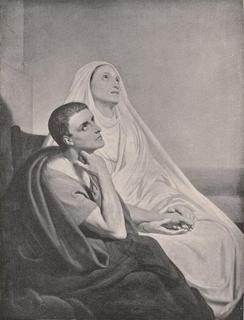
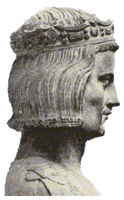

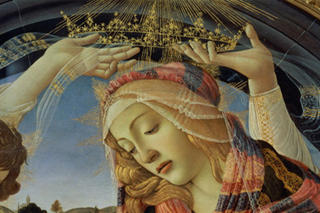

 "Regina Laudis means Queen of Praise. Our prime mission as contemplative Benedictines is to pray the Divine Office or Liturgy of the Hours, keeping the prayer of the psalms resonating through the day and night, every day of the year.
"Regina Laudis means Queen of Praise. Our prime mission as contemplative Benedictines is to pray the Divine Office or Liturgy of the Hours, keeping the prayer of the psalms resonating through the day and night, every day of the year. "Formation at Regina Laudis follows the classical stages of Postulancy, Novitiate, First Vows, Perpetual Vows and the reception of the Consecratio Virginis, the ancient Rite of Consecration to a Life of Virginity. Each nun takes the uniquely Benedictine vows of Stability, Conversion of Life and Obedience: Stability, binding her perpetually to this particular monastic community; Conversion of Life, obliging her to choose every day to re-center herself in God through the community; and Obedience, by which she pledges fidelity to the authority of the Abbess and all those delegated to take responsibility within the 'school of the Lord's service.'"
"Formation at Regina Laudis follows the classical stages of Postulancy, Novitiate, First Vows, Perpetual Vows and the reception of the Consecratio Virginis, the ancient Rite of Consecration to a Life of Virginity. Each nun takes the uniquely Benedictine vows of Stability, Conversion of Life and Obedience: Stability, binding her perpetually to this particular monastic community; Conversion of Life, obliging her to choose every day to re-center herself in God through the community; and Obedience, by which she pledges fidelity to the authority of the Abbess and all those delegated to take responsibility within the 'school of the Lord's service.'"

